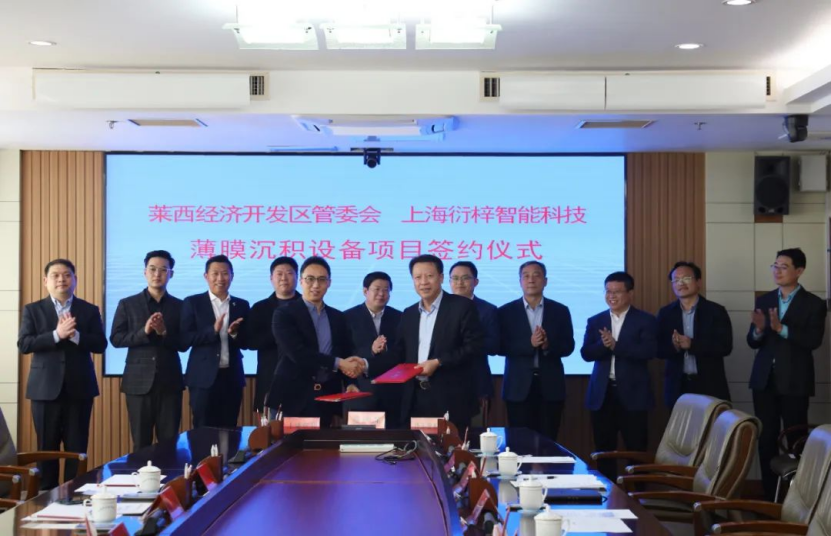This last sentence in the quoted report is quite interesting. If the SME manufacturers "have low willingness to expand", this means they smell a bubble in the making. Each of the competing fabs is expanding with a view to capturing all of the new demand, which means there will be over-investment. When this plays out, orders for semiconductor equipment will crash. Therefore, for SME manufacturers, expansion simply does not pay off, and a steady level of production, maybe works better.However, after interviewing more than 10 industry executives, it was found that many semiconductor equipment manufacturers have low willingness to expand their parts factories, and it is difficult to find alternatives.
But then there is the geopolitical dimension. While global SME manufacturers are reluctant to expand, the Chinese players are expanding explosively, as they face entirely opposite incentives. Expansion will pay off in the shape of a decent slice of the market, plus there is huge government support. This is an additional powerful argument against expansion for the incumbent global companies. Therefore globally, the problem of chip shortage has expanded to SME equipment shortage.
This situation buys time for China, and tends to minimize the technological disadvantages it faces.

